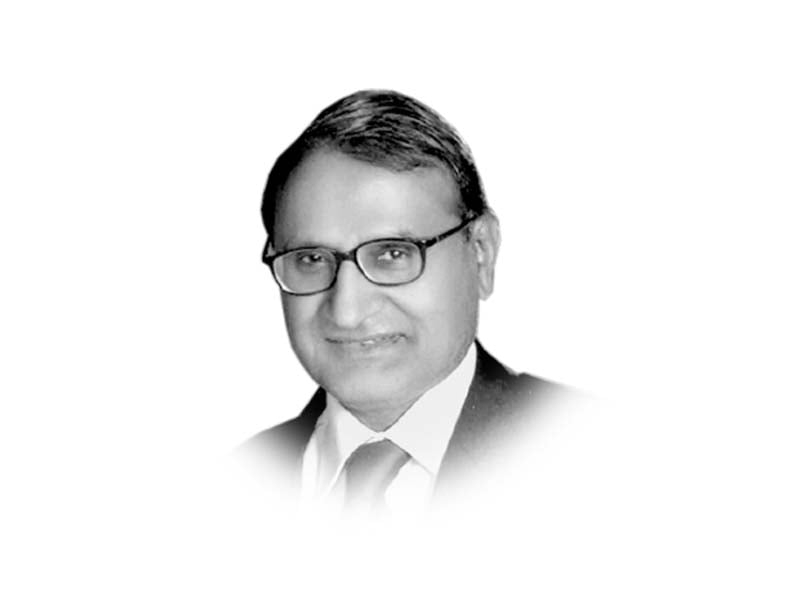
The latest All Parties’ Conference (APC) of the opposition asks the government, among other things, to raise the allocation for higher education. In an otherwise rights-based agenda and pleas for upholding the Constitution, the inclusion of this demand is surprising. In the Constitution, the only fundamental right related to education is Article 25(A), which neither talks of higher education, nor one of its specific forms made another demand, the medical and dental education. The Article bears repeating: “Right to education — The State shall provide free and compulsory education to all children of the age of five to 16 years in such manner as may be determined by law.” These laws have since been enacted. The persistent violation of this fundamental right of some 23 million citizens in the age group of five to 16 years has not merited the attention of the APC. Coming as it does from those swearing by the 18th constitutional Amendment that inserted Article 25(A), the exclusion is even more disturbing. This very amendment also fully devolved education in all its forms. In 2011, the Council of Common Interests (CCI) decided that the federal funding of higher education would continue during the currency of the 7th National Finance Commission (NFC) Award.
It is obvious that higher education has a strong lobby and pressure groups. University students have street power; professors have fora to make themselves heard. Politicians have their own interests in visible projects such as a university in each district, if not tehsil. Organised, sometimes violent, protests by doctors do get the attention of the decision-makers. The higher education lobbyists are capable of direct contact with the MNAs/MPA, even to the extent of participating in political campaigns. Better media access also works for them. Lectures by the resource-constrained governments to generate their own resources have, in general, fallen on deaf ears. In sharp contrast, primary school teachers are invariably lathi-charged whenever they manage to take to the roads. As for the 23 million girls and boys waiting to go to school, there is no danger of them organising the mass protests. They are the silent majority of the education sector. The task is left to occasional storms-in-a-teacup by NGOs, depending on the length of the purse held by donors. In theory, higher education increases employability yielding personal returns, weakening thus the case for public funding. With larger social returns, elementary education has a stronger claim on public resources. However, the allocation pattern reflects the opposite in the most seriously affected provinces: 70% of Balochistan’s school-age children are out of school. Yet the provincial government chose to increase its budget only by 0.3% and that of higher education by 13.3%. Next comes Sindh. With 52% of children out of school, school education gets an increase of 2.3% against the increase of 8.4% for higher education. Sindh’s allocation of Rs156.8 billion in the current year is less than Khyber-Pakhtunkhwa’s Rs183.8 billion. In the current year, of the Rs50.6 billion increase in allocation for school education for the country as a whole, 65% is contributed by K-P. This jump should help bring down the high proportion of out-of-school children of 53% in the merged districts, compared to 34% for the settled districts. But the province did not forget to join the rat race for higher education by contributing 22% of the increase in the current year at the national level.
Indicting the British on their “jog-trot pace” in 1912, the Quaid feared that “it will take 175 years in order to get all school going age children go to school”. Jog-trotting Article 25(A) continues.
Published in The Express Tribune, September 25th, 2020.
Like Opinion & Editorial on Facebook, follow @ETOpEd on Twitter to receive all updates on all our daily pieces.

1725354252-0/Untitled-design-(5)1725354252-0-405x300.webp)
1732099866-0/adele-(3)1732099866-0-165x106.webp)









COMMENTS
Comments are moderated and generally will be posted if they are on-topic and not abusive.
For more information, please see our Comments FAQ